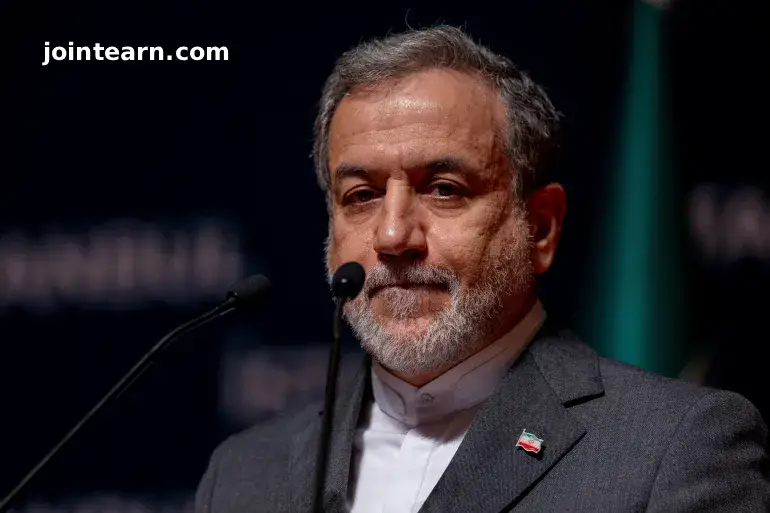
Iran has sharply condemned US President Donald Trump’s announcement to resume nuclear weapons testing, calling the move “regressive” and “irresponsible.” Iranian Foreign Minister Abbas Araghchi criticized the decision as a display of nuclear intimidation and a double standard against Iran’s peaceful nuclear program.
“Having rebranded its ‘Department of Defense’ as the ‘Department of War,’ a nuclear-armed bully is resuming testing of atomic weapons,” Araghchi wrote on X (formerly Twitter) late Thursday.
“The same bully has been demonizing Iran’s peaceful nuclear program and threatening further strikes on our safeguarded nuclear facilities, all in blatant violation of international law.”
Trump’s Announcement on Nuclear Testing
President Trump made the announcement on his Truth Social platform shortly before meeting with Chinese President Xi Jinping in South Korea during the Asia-Pacific Economic Cooperation (APEC) summit. According to Trump, he instructed the Pentagon to immediately resume nuclear testing to maintain parity with other nuclear powers, including Russia and China.
Trump justified the move by citing global nuclear developments, warning that Russia and China’s nuclear arsenals could rival the US within the next five years.
Global Reactions and Expert Analysis
Nuclear security experts suggest that Trump’s decision is likely a response to recent Russian and Chinese military demonstrations rather than directly related to Iran.
- Russia recently tested its Poseidon nuclear-powered super torpedo and previously conducted tests on Burevestnik nuclear-powered cruise missiles.
- China showcased its nuclear capabilities at a military parade in September, including its Dongfeng-5 intercontinental ballistic missile.
Despite these displays, neither Russia nor China has conducted a true nuclear test—defined as an explosion above ground, underground, or underwater—in decades. The United Nations Comprehensive Nuclear Test-Ban Treaty of 1996 bans nuclear testing, although the US, China, and Iran signed but have not ratified it. Russia withdrew its ratification in 2023.
Historical context highlights that the last nuclear tests were conducted decades ago: the US in 1992, the UK in 1991, France in 1996, China in 1996, and Russia (then the Soviet Union) in 1990. Only North Korea has carried out nuclear tests in the 21st century, with its last test in 2017.
Clarifying the Nature of US Testing
Experts, including Trevor Findlay of the University of Melbourne, believe Trump may be referring to missile launches of nuclear-capable missiles, rather than detonating actual nuclear warheads.
“These launches do not carry an actual nuclear warhead but likely a dummy, nor do they create a nuclear explosion,” Findlay explained.
“The US already conducts routine missile tests for both existing systems and those in development, often in the Pacific, but generally without public fanfare.”
Iran’s Position on Nuclear Weapons
Iran continues to assert that its nuclear program is strictly for civilian purposes, with no nuclear tests conducted. Nuclear security expert Ankit Panda from the Carnegie Endowment confirmed that Iran has only highly enriched uranium and has not tested nuclear ballistic missiles.
Trump, however, has consistently called for the total dismantlement of Iran’s nuclear program, stressing that he does not want Tehran to acquire nuclear weapons. Earlier in June, the US and Israel conducted airstrikes on Iranian military and nuclear facilities to slow Iran’s nuclear development.
Araghchi’s condemnation underscores Tehran’s criticism of perceived US hypocrisy, highlighting the contrast between Washington’s nuclear activities and its accusations against Iran’s peaceful program.
Geopolitical Implications
Trump’s announcement is likely to escalate tensions in the Middle East and increase scrutiny of US nuclear policy worldwide. Analysts warn that resuming nuclear testing could spark an arms race and provoke stronger opposition from countries advocating non-proliferation and global nuclear stability.
As the international community monitors the situation, Iran’s response emphasizes the continuing divide over nuclear weapons policies, missile development, and the global governance of atomic energy.


Leave a Reply